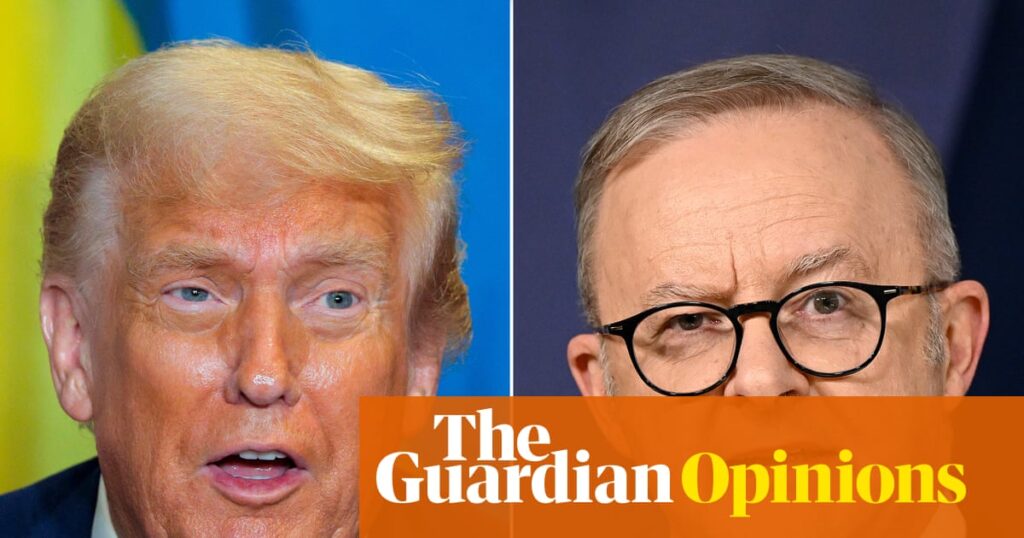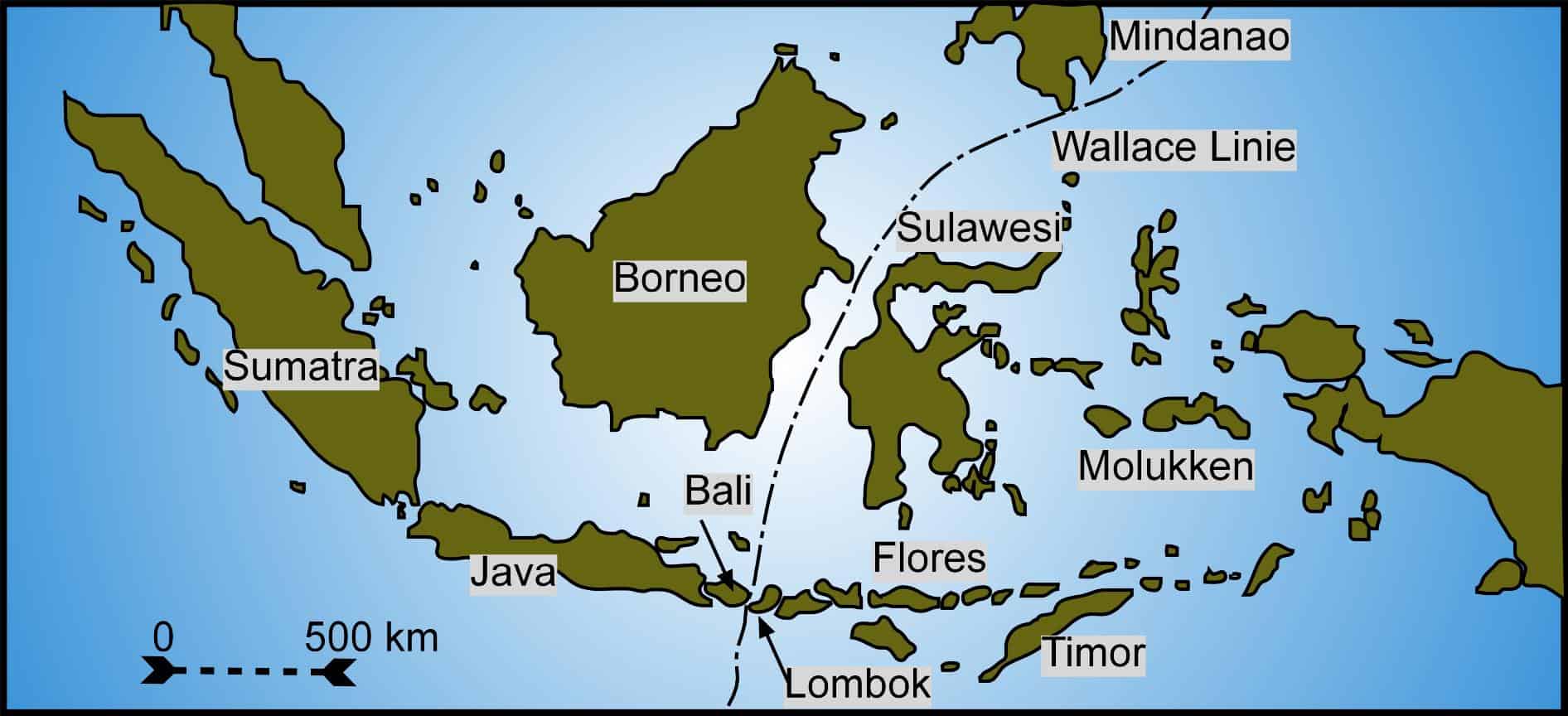
In a diplomatic landscape marked by global instability, Australian Prime Minister Anthony Albanese faces a critical test: capturing the attention of former U.S. President Donald Trump. Despite Australia’s longstanding defense alliance with the United States, Trump’s focus has traditionally been elsewhere, with Australia often seen as a minor player on the world stage.
For Australians, the perception of their country in the U.S. can be summed up by cultural icons like Crocodile Dundee or as a nation with strict gun control laws. While Australia does wield some influence in Washington due to its defense ties, this influence is often overshadowed by more pressing global issues in Europe and the Middle East.
Australia’s Strategic Position
The current geopolitical climate presents both opportunities and challenges for Australia. On one hand, the nation can leverage its existing alliances to achieve favorable trade outcomes without drawing too much attention. On the other, the lack of high-profile engagement means limited understanding and interest from U.S. leadership, exemplified by Trump’s initial unfamiliarity with the Aukus pact.
The Aukus agreement, a trilateral security pact involving Australia, the United Kingdom, and the United States, is set to cost Australian taxpayers at least $368 billion. It plays a crucial role in the strategic relationship between the countries, yet it remains a complex issue for Trump, who prioritizes “America First” policies.
Navigating Diplomatic Waters
Albanese’s task is to strike a delicate balance between gaining Trump’s attention and avoiding domestic political fallout. The transfer of submarines under Aukus could pose risks for Trump, potentially conflicting with his domestic policy stances.
This situation is reminiscent of 2017, during Trump’s first term, when a deal to accept asylum seekers from Australia clashed with his immigration policies. The resulting controversy highlighted the dangers of bringing such issues into the U.S. domestic spotlight.
“That puts me in a bad position. It makes me look so bad,” Trump reportedly said during a leaked call with then-Prime Minister Malcolm Turnbull.
For the Albanese government, avoiding a repeat of such incidents is paramount. However, there is potential for finding common ground with Trump, particularly in areas like U.S. investment in Australian critical minerals, which could counter China’s growing influence.
Potential Areas of Cooperation
Albanese could propose deals that align with Trump’s interests, such as framing the Aukus agreement as a strategic benefit for the U.S. without immediate costs. This approach might appeal to Trump, who values self-interest and may not be concerned with long-term implications.
Despite differing positions, Australia’s support for the U.S.-brokered Israel-Hamas deal offers a platform for collaboration. While the White House has criticized Australia’s recognition of Palestinian statehood, Trump might appreciate decisive leadership, even if he disagrees with the decision.
Challenges and Opportunities
Engaging with Trump requires Albanese to navigate complex political dynamics. He must balance maintaining Australia’s values with the need to engage a leader known for controversial policies and actions.
Albanese faces the challenge of addressing issues such as immigration, climate policy, and foreign aid while engaging with Trump. Ignoring these topics could risk Albanese’s integrity, yet they are crucial for maintaining a constructive dialogue.
“Even his supporters pick and choose the bits they like and the bits they don’t,” highlights the selective nature of Trump’s appeal.
The Path Forward
As Albanese prepares for this diplomatic engagement, he must focus on reading Trump’s cues and presenting attractive deals. The outcome of this meeting could significantly impact Australia’s strategic position and its relationship with the United States.
Ultimately, the success of this diplomatic endeavor will depend on Albanese’s ability to hold Trump’s attention while upholding Australian values. It is a test of political acumen and strategic foresight, one that could shape Australia’s international standing for years to come.







